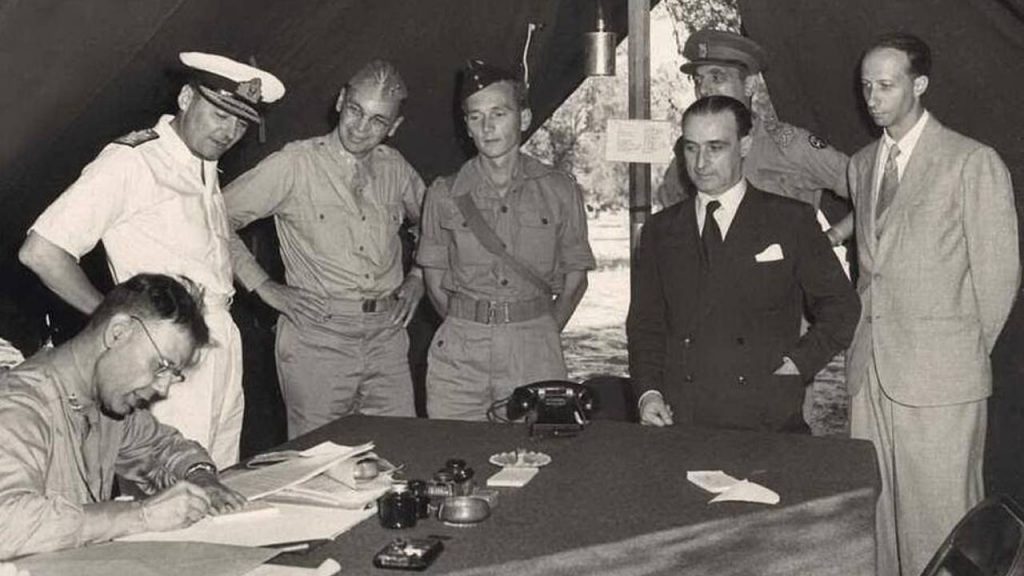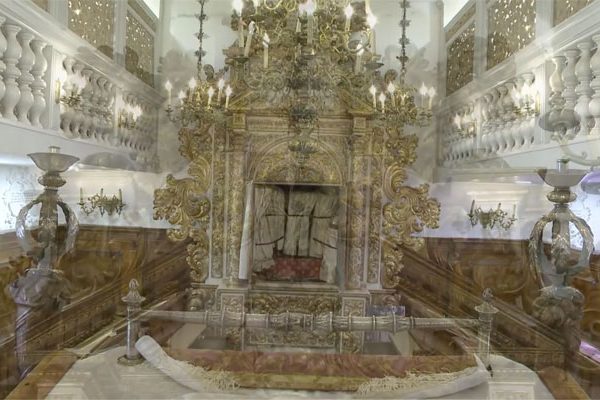Elena Agarossi, A Nation Collapses, Cambridge University Press, 2000
“I will compare the objectives set by the parties involved in Italy’s surrender with the results achieved, and consider in a historical context the consequences for Italian public sentiment and collective memory of the humiliating manner in which the surrender was carried out.
Beginning with the Allies, it must be pointed out that this study has devoted little space to the ideological aspects of Allied policy regarding Italy, since the Allies then ascribed scant importance to these aspects. The role of the Anglo-American governments is therefore described very differently here than in other historical writing. In most studies the guiding principle of Allied policy toward Italy is portrayed as anti-Communism, which is said to have influenced the British and American policy toward Italy after the surrender and to have gradually developed into an attempt to control if not “liquidate” the Resistance. Italian discussion of this issue has been tainted for years by ideology. Some writers have argued this theory without considering the political objectives of the three great powers, the United States, Great Britain and the Soviet Union, or taking account of the complex military strategy of which the Italian campaign was only a part.
The development of Anglo-American policy toward Italy should be sufficiently clear from its reconstruction in these pages. The Allied objectives were obvious and definite, even if there were significant differences between the English and American governments. The common primary objective was to “eliminate Italy from the war,” while adhering to the unconditional surrender principle and considering the German occupation of Italy as a likely result in the event of Italy’s collapse.”









